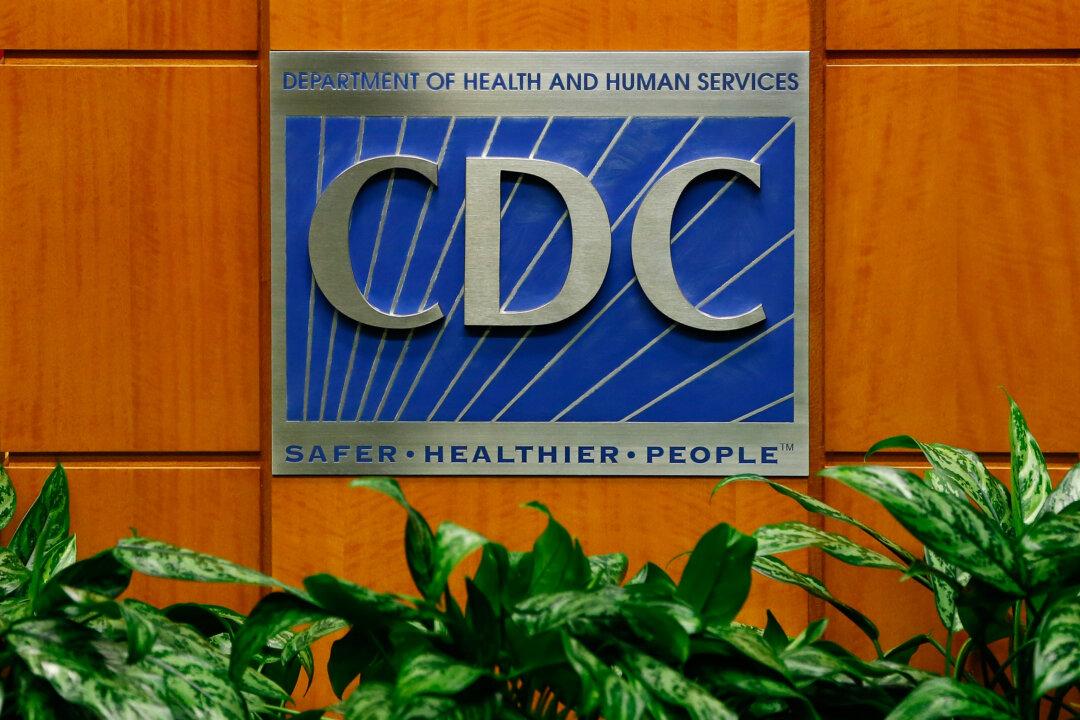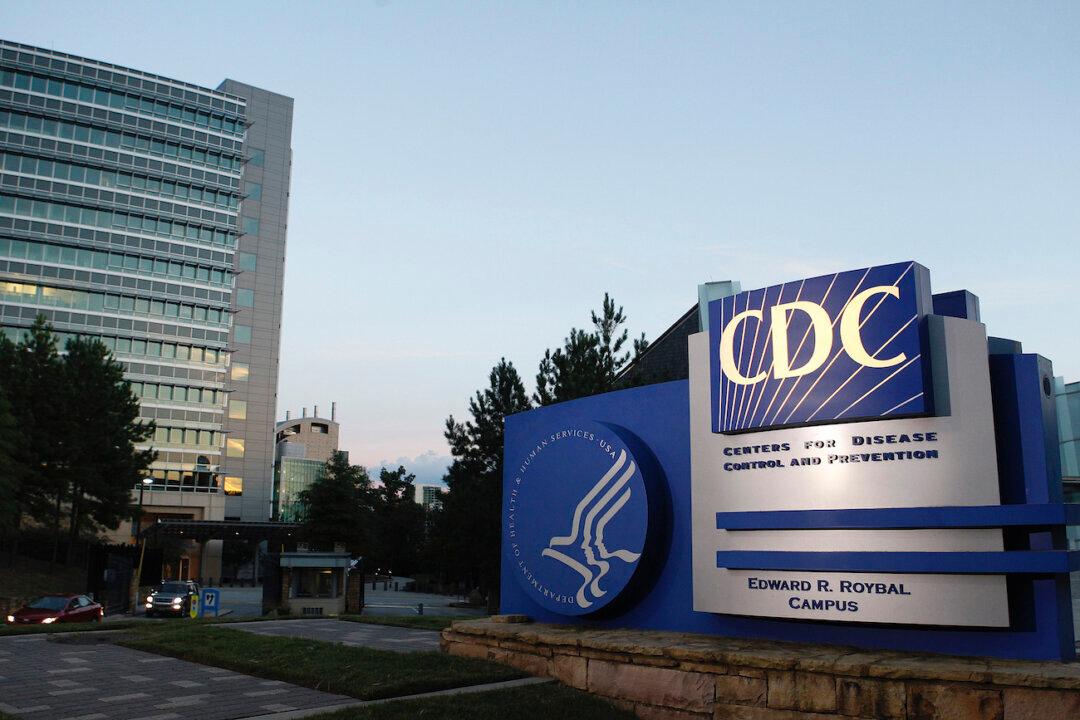A new report from the U.S. Centers for Disease Control and Prevention (CDC) suggests that adults can suffer from a COVID-19-related syndrome similar to that of multisystem Inflammatory Syndrome in Children (MIS-C).
Multisystem Inflammatory Syndrome in Children is a recently coined condition that has been associated with the CCP (Chinese Communist Party) virus, according to a health advisory from the CDC. It was first termed pediatric multisystem inflammatory syndrome and shared similar symptoms as that of other inflammatory conditions, such as Kawasaki disease and toxic shock syndrome.





